
Cloning Ourselves: Q&A with Susanne Paola Antonetta
Entanglement is a wonderful mystery. My characters live in that wonderful mystery. I think we all feel like we’re entangled with many things, some of which we understand, some of which we don’t.

Entanglement is a wonderful mystery. My characters live in that wonderful mystery. I think we all feel like we’re entangled with many things, some of which we understand, some of which we don’t.
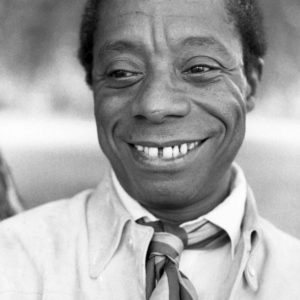
I’m looking back. I’m reading James Baldwin, his essay “Notes of a Native Son.” His father dies. On the same day, his father’s last child is born. A few days later, his father is buried. On the same day, Baldwin celebrates his 19th birthday. That night, a race riot breaks out in Harlem.
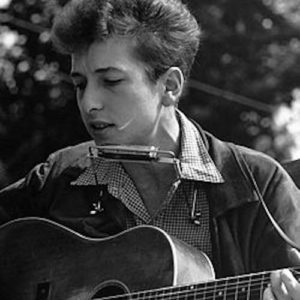
The desire that is typical of Blues—from which Bob Dylan draws so much of the spirit of his music as well as actual phrases—is the same we find in the prophets. The Lord God is a jealous and often a jilted lover.
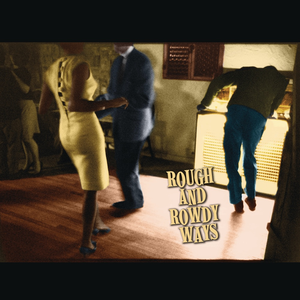
I’ve been spending Covidtide cycling as much as possible. The mental rhythm of riding is calming, contemplative. Something gets in my head and I just keep turning it over. Since June 19th it’s been Bob Dylan’s new album, Rough and Rowdy Ways, released on that date.

When the May issue of Poetry dropped through my mail slot, it landed so I got to read the back cover first, lines from classicist/poet A.E. Stallings’s “Daedal”: “To build a labyrinth it takes / some good intentions, some mistakes.” Perfect, with allowances for the imperfect.
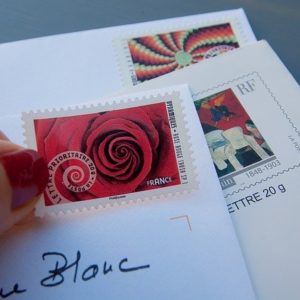
The Internet hadn’t yet arrived, so the conversation was solely in letters at first, scrawled on notebook paper, sent three or four times a year at the most. It was not a witty crypto-romance, like the set of letters that make up Helene Hanff’s 84, Charing Cross Road.

It had never occurred to me that close reading could be applied to the heaps of verbiage produced by dictators—not, at least, until I picked up Daniel Kalder’s recently published The Infernal Library: On Dictators, the Books They Wrote, and Other Catastrophes of Literacy.
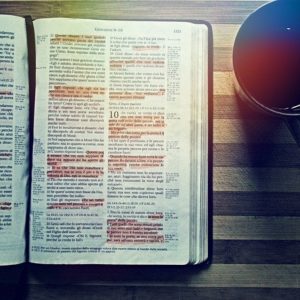
Here’s a game: in the lines below, can you tell which are from the Bible and which from an English poem?
Ho, every one that thirsteth,
come ye
to the waters,
and he that hath no money;
come ye,
buy, and eat;
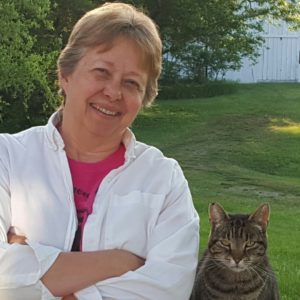
Here in the landlocked Midwest, the sky is the body of water most visible to me. I watch it the way I imagine people who live on the coasts watch the sea.
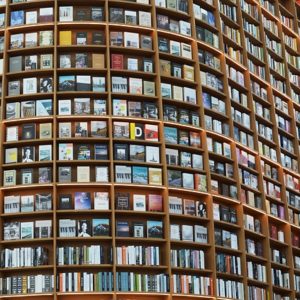
I have a few rules that I try to follow as a literary citizen: 1) If I want to read a book by a living author, I buy it new. 2) If at all possible, I buy it local. 3) If I can’t buy local, I aim to secure it from a distributor who takes at least minimal care not to defraud authors by selling counterfeits of their work.
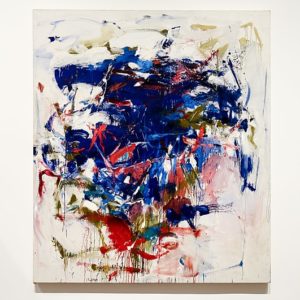
Sometimes I think that the late Romantics are the most Romantic of all, since to be a Romantic is to commit to a lost cause. And it was already a lost cause to be an early Romantic of the 18th/early 19th century. But to be a Romantic in the late 19th/early 20th century was to be doubly doomed. It was to begin in anachronism and end in total dissolution.
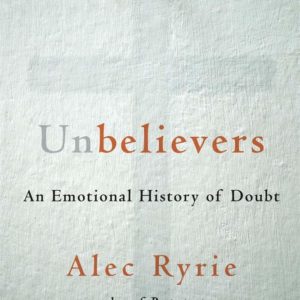
Reading the new poems by Hankins and Paino reminds me of Stanley Hauerwas’s claim that North American Christianity’s chief enemy isn’t atheism, but sentimentality. Christians, Hauerwas adds, can see just how sentimental they’ve become by their inability to produce interesting atheists.
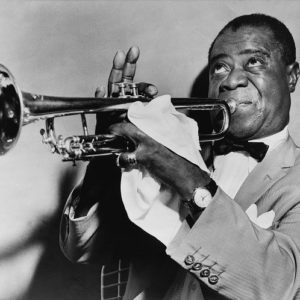
Meet John William “Blind” Boone (1864-1927): “Sprung from a Yankee bugler and a newly freed mother, his sight was sacrificed to encephalitis at the age of six months. Possessed by a prodigious memory, perfect pitch, and a particular partiality to piano, from which he sees and he sees and he sees…”
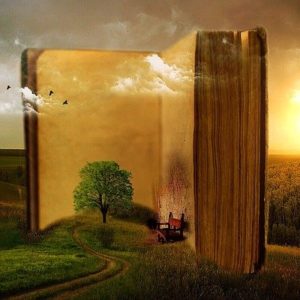
One of the abiding narcissistic wounds of my time as a parent is that neither of my children particularly likes to read. Sixteen years into being a mother, I can still get teary thinking about it—as if, in some way incredibly important to me, I have failed.
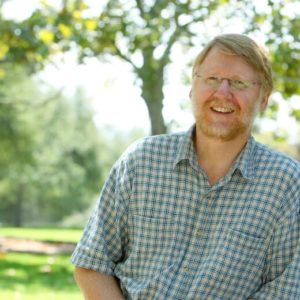
Lately it has been the fashion to talk about “measurable learning outcomes.” I really can’t stand the idea of measurable learning outcomes! The pioneer Yosemite climber Yvon Chouinard has said that adventure is the uncertainty of outcome. I want anyone who reads this book to have an adventure. I can’t predict where that adventure will take them in their imagination.
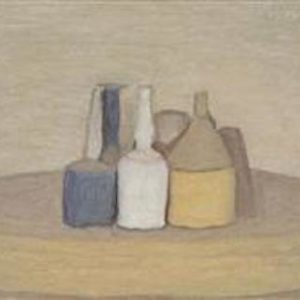
We arrive at the beach house in the dark, the ocean’s roar schooning over the dunes to meet us on the gravel path and ask: who are you? We get out of the car numb from the road and the nerves of a long drive just before the lockdown’s official lift, and we don’t answer.
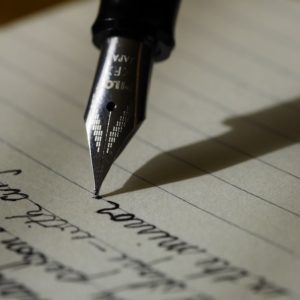
Whether I’m reading or writing, the page is a good place for me—the place where I feel most at home. Like my nightly prayer, it’s a solitary courtyard, but one with a potentially social dimension.
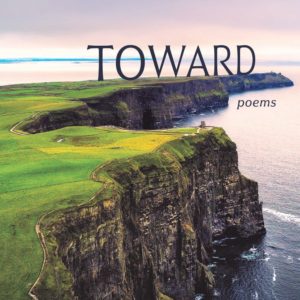
First, before even coming
together—how ever many of them there were—before
saying one word, there was a wanting. Yet before
even putting that into words—see how far back
this goes?—there was a need. And that’s what’s driven me
to return to these desolate cliffs rising above
an ever-shifting bay.

“Some guys came over while you were gone and threw rocks at your dog.” That’s what the new kid said one afternoon. He had golden hair and a perpetual, toothy grin, and he’d announced the day we met that his dad built rockets. He’d told us he had eight unreleased Star Wars sequels at home, that his dad got hold of them because of his rocket work.

I’ve been reading Cleanth Brooks’ 1947 classic The Well Wrought Urn: Studies in the Structure of Poetry,one of the key works that in the post-World War II decades established “close reading” as the main pedagogical tool for understanding poetry as a unified whole (rather than an artfully coded record of attitudes requiring historical and biographical translation).